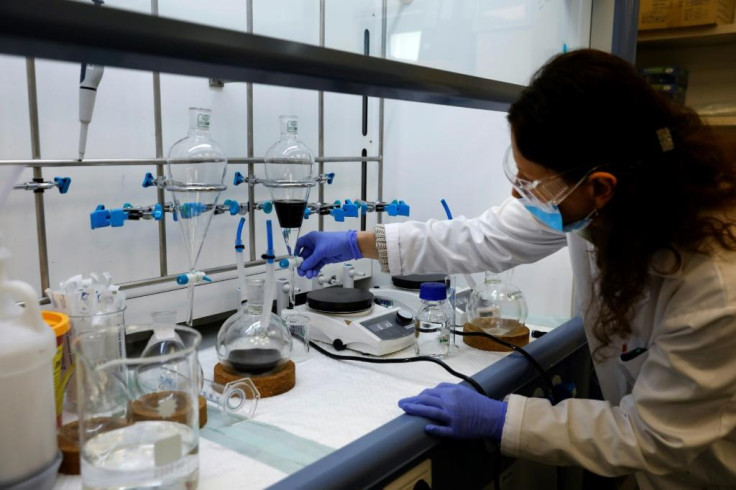Coronavirus: Healthcare systems switching to new rapid testing platform amid growing cases
This development arrives shortly after UK health officials were criticised by the public for their apparent shortcomings amid the pandemic.
As predicted by healthcare experts, many countries have now confirmed another surge of coronavirus cases. While several vaccine trials have already reported promising results from its earlier stages, regulators still require more tests before it can be approved for public use and distribution. Until that happens, the World Health Organization (WHO) encourages governments to control transmissions for the time being. Proper diagnosis is crucial in the fight against COVID-19, which is why a new platform is being developed which can purportedly produce accurate results in an hour.
This arrives shortly after the UK health officials were criticised by the public for their apparent shortcomings amid the pandemic. Forming a contract with London-based health group DnaNudge, it is reportedly securing 20,000 units of the latter's cutting-edge device. Unlike regular methods which require a laboratory to perform the diagnosis, this alternative supposedly does not need one and can produce results within an hour. All it needs is a non-invasive nostril swab sample from individuals.
According to the roadmap outlined by the British government, hospitals can expect deliveries between October and March. In fact, the system has already been tested by many hospitals in May. It was developed by Imperial College London's Regius Professor of Engineering, Chris Toumazou. The Independent points out that it uses a £40 cartridge at a maximum of 10 to 14 tests in a day.
Those overseeing the project estimate that once everything is in place, around 280,000 tests in a day is possible across all facilities that have it. A statement issued by a source said: "We'll be able to reduce waiting times by moving testing from the laboratories – some of which have been relying on older tech since the pandemic started – and into hospitals. These tests have got the potential to be a game-changer for the UK. Everyone in the testing networks is asking how they can get their hands on it."

For now, discussions are purportedly still underway between the National Health Service (NHS), Department of Health and Social Care (DHSC), and others. This is to possibly include social care beneficiaries and general practitioners. Health experts have already issued warnings that COVID-19 cases are expected to rise in the winter months. Thus, systems should be in place to prevent a second wave as much as possible.
© Copyright IBTimes 2025. All rights reserved.





















